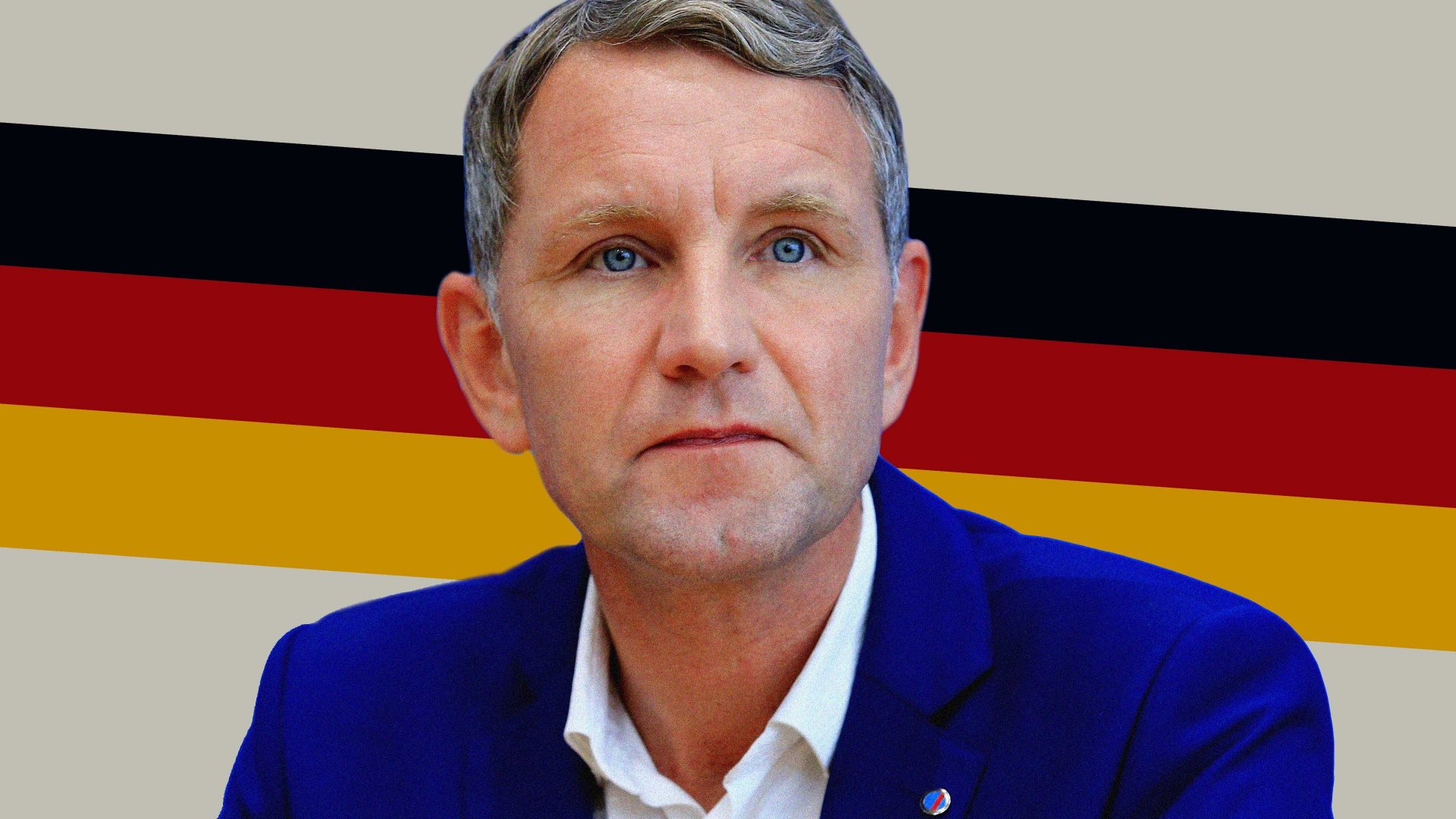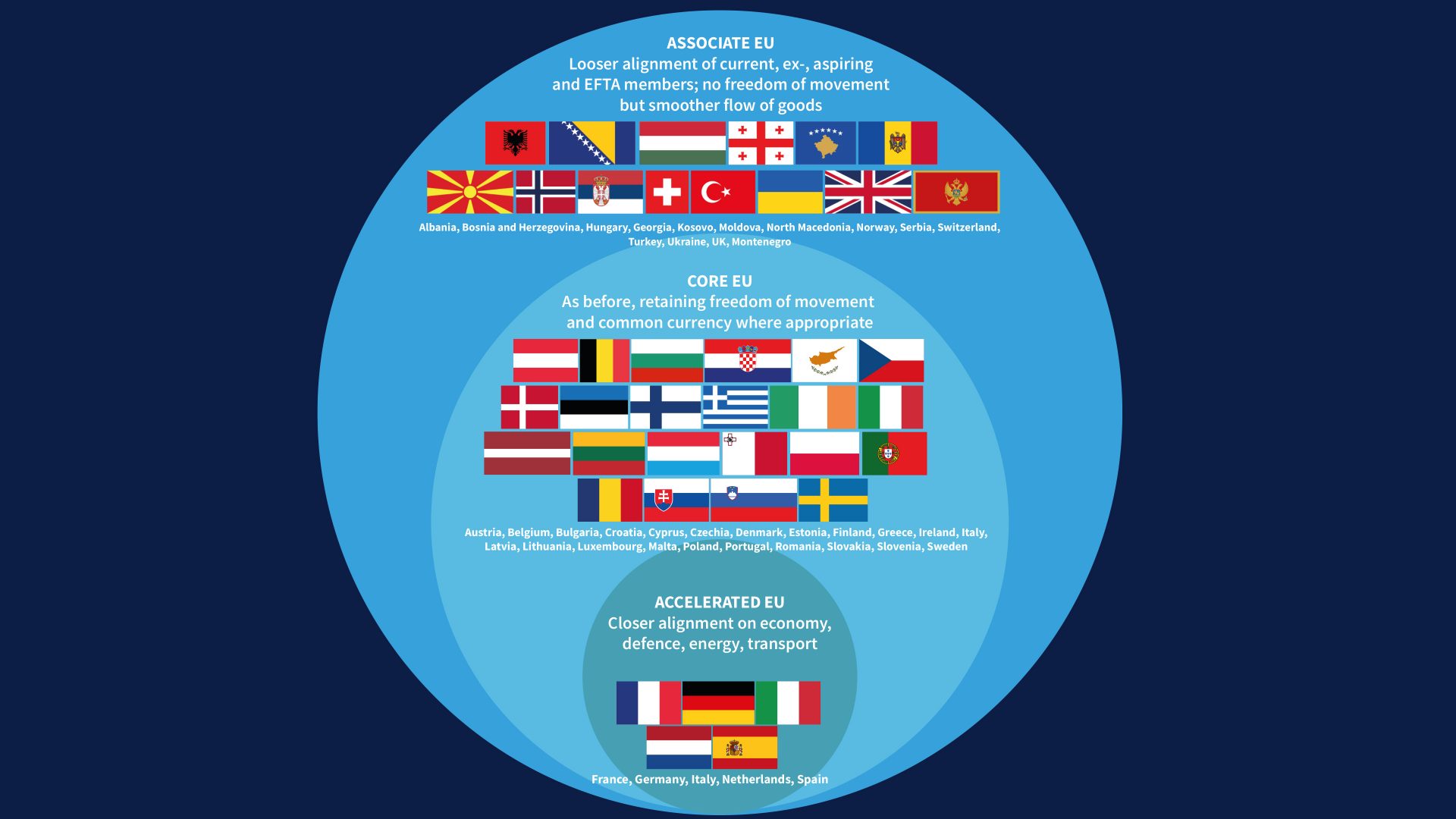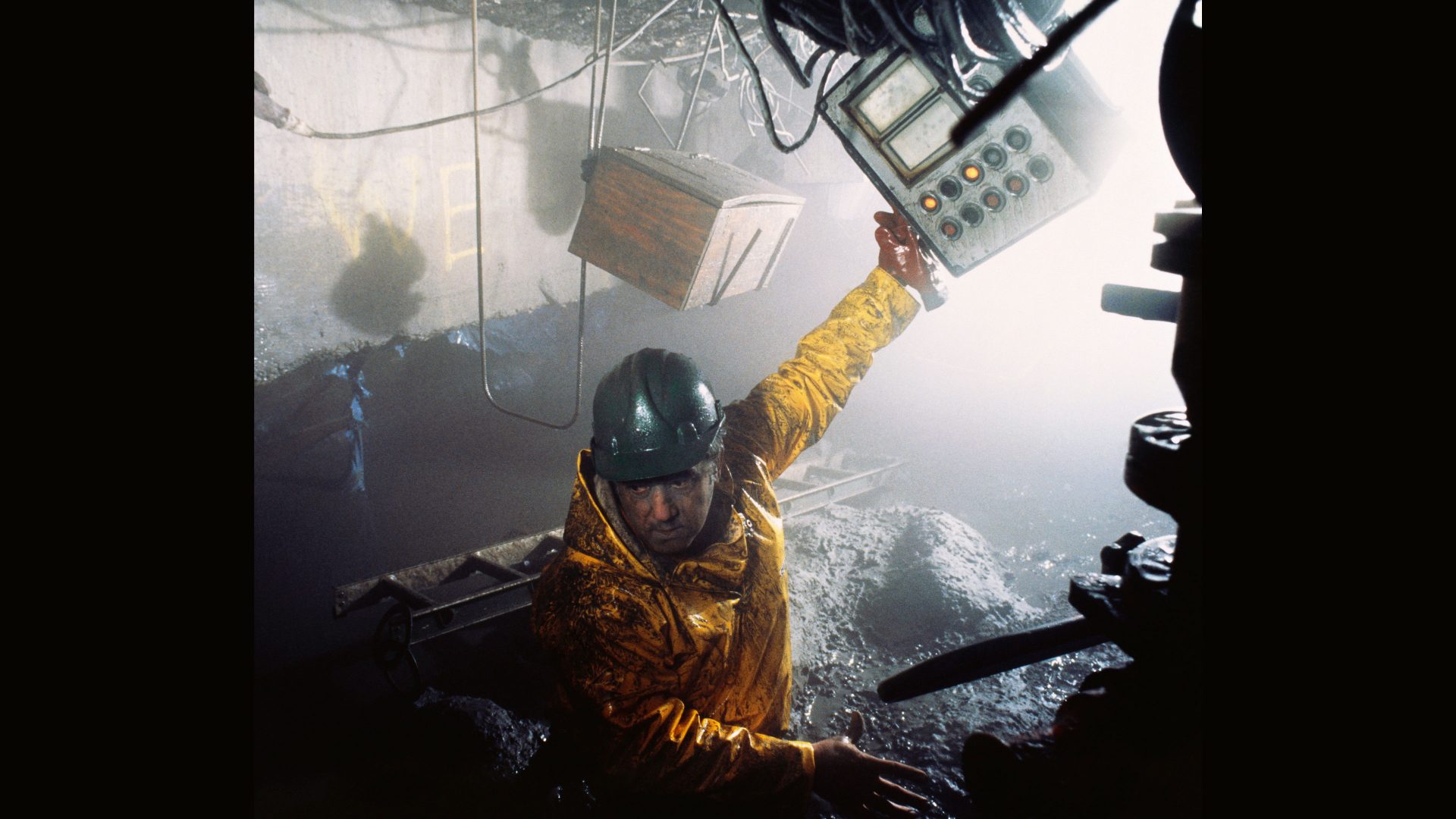The human brain, science says, contains a mechanism that gives priority to bad news.
This mechanism had a lot to do recently. And I’m not even talking about Germany coming last at Eurovision. We’re used to it, though the UK not being at the nul-points bottom by our side was a real blow.
Amid all the gloom, there’s some excellent news that may have been overlooked: The far right Alternative für Deutschland party is having a hard time. In the last 11 German elections, regional and national, the AfD have suffered losses. Most recently in North Rhine-Westphalia on Sunday, and two weeks ago, in Schleswig-Holstein where they even failed to reach the 5% threshold and were kicked out of Germany’s most northern parliament for the first time since the party was founded in 2013.
What happened? Let’s just say they’re running out of sheep’s clothing.
A quick recap: AfD has always sought acceptance as a civil, middle-class alternative to the so-called mainstream establishment. Its founders were a handful of economics professors and journalists, critical of Angela Merkel and the EU’s bail-out policy during the Eurozone debt crisis. Most of them have long left the party.
Co-leader Jörg Meuthen called it quits in January. The economics professor stated that vast parts of the party “have chosen a course that is ever more radical, ever more uninhibited.” (old news) He added: “The heart of the party beats very far to the right these days” (actually, it has for years). And: “I see clear echoes of totalitarianism.” (for an academic, he’s remarkably slow on the uptake).
In the words of Goethe’s Sorcerer’s Apprentice: “The spirits that I summoned up I now can’t rid myself of.”
As you know, the AfD spirits consist of multiple shades of a radical, racist, xenophobic, antisemitic ideology, paired with a revolving-doors-leadership, donation scandals and constant in-fights. Their voters come from all sides of the political spectrum: disappointed conservatives and social democrats alike, the far left and former non-voters. In East Germany, without long-established links to traditional parties, AfD regularly threatens to come first in regional elections. So it is too early to gloat, but for the last two years the decline has been a steady one.
During the pandemic (what the AfD called the “Corona Diktatur!”, or dictatorship) they didn’t manage to hoover popular anger as they used to.
A few weeks ago they also lost a legal battle against the Bundesamt für Verfassungsschutz, Germany’s domestic intelligence agency. A Cologne court ruled that there was sufficient evidence to suspect some in the party of right-wing extremism. This clears the way for surveillance by intelligence agents. Not the best PR for someone claiming to be the one and only conservative alternative.
Naturally, like the alt-right movement in the US, the AfD is now whining about being a victim of state suppression. But as trust in the courts is quite high in Germany, voters don’t seem to buy that claim to martyrdom.
Far from being a victim of German authorities, AfD is however suffering collateral damage from of their idol Vladimir Putin’s imperialism. They want to stop sanctions against Russia, to stop weapons for Ukraine, to purchase Russian gas forever and to respect Russia’s “legitimate security concerns”.
In a month’s time, the new leadership will be elected. There is a chance that nationalist agitator Björn Höcke, head of the AfD in the eastern state of Thuringia, could run for that post and make AfD’s inherent radicalism even more transparent. Höcke, a court ruled, can be called “fascist” because there was enough factual evidence to support this claim.
Höcke is notorious for grooming Neo- and original Nazis with incendiary remarks on race. His vocabulary is regularly spiced with tainted allusions like: “I want Germany to have a 1,000-year future”. He also denounced Germany’s effort to deal with its historic guilt: “We are the only people in the world who planted a memorial of shame in the heart of their capital,” Höcke told supporters in 2017. He was talking about Berlin’s Holocaust memorial.
But the last general election saw the CDU overtake AfD as the biggest opposition party in parliament, meaning they have lost a lot of the (negative) attention they provoked. And especially in the west (50 of the 60 million German voters live here) AfD is continuously losing appeal.
Again, it’s too early to celebrate. But AfD now looks trapped on a downhill path, straight towards the fate of a radical East German fringe party – which will come very short of a 1,000-year-future.




